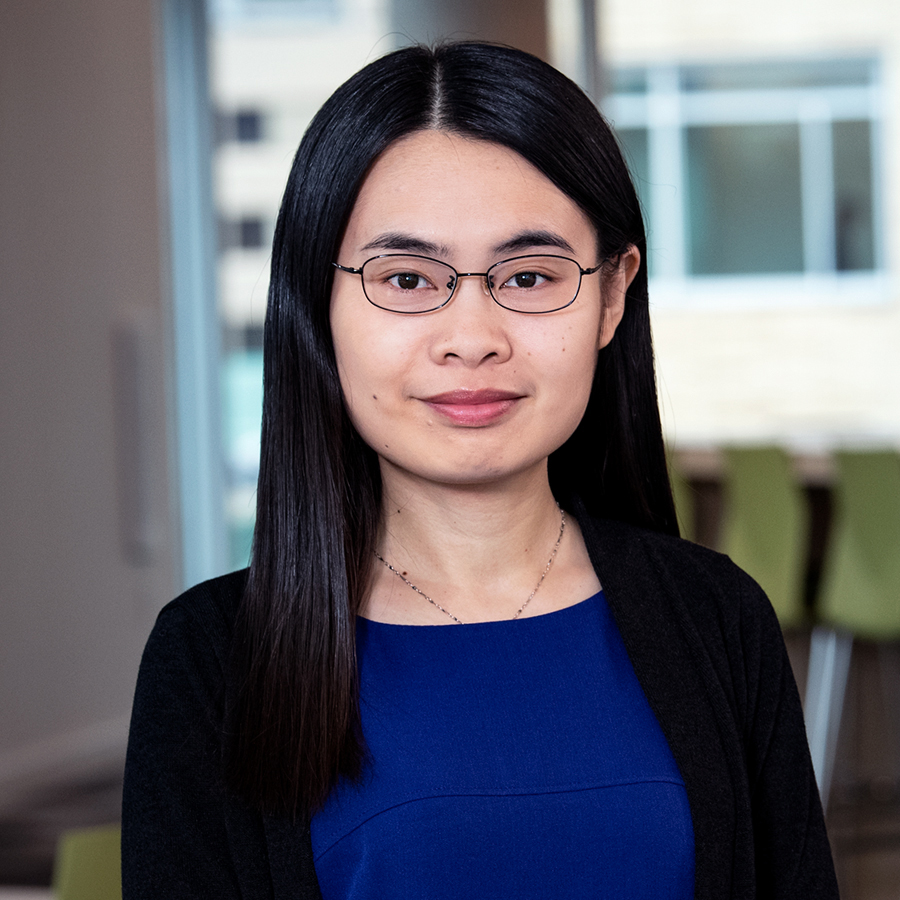Tepper School Faculty Member Wins Amazon Research Award for AI Work
Yan Huang, Associate Professor of Business Technologies at Carnegie Mellon University’s Tepper School of Business, has won an Amazon Research Award for her work on fairness in artificial intelligence (AI).
Huang joins nearly 80 other recipients of the award, which offers unrestricted funds and promotional credits to support research in multiple disciplines at academic institutions and nonprofit organizations. The awardees represent 54 universities in 14 countries.
“I am deeply honored to receive this award from Amazon for my work on bias in AI,” said Huang.
“Algorithmic bias is a growing concern. Since algorithms are often trained using data generated by humans, we need to determine how machine learning inherits different types of human bias and how to improve fairness from managerial and technical perspectives.”
The awards were given in four categories: AWS AI (Amazon Web Services is part of Science at Amazon), Automated Reasoning, Prime Video, and Sustainability. Proposals were reviewed for the quality of their scientific content and their potential to affect the research community and society.
Huang won in the category of AWS AI for her joint work with Beibei Li, Associate Professor of IT and Management at CMU’s Heinz College of Information Systems and Public Policy; Xiyang Hu, a Ph.D. student in Information Systems at CMU; and Tian Lu, a former postdoc research fellow at Heinz College, now Assistant Professor of Information Systems at Arizona State University. Their work is titled, “Combating Algorithmic Bias Inherited from Human Decision Making: A Human-AI Perspective."
This project has also led to a working paper on SSRN Huang coauthored with Hu, Li and Lu entitled, “Human-Algorithmic Bias: Source, Evolution, and Impact.”
“Dr. Huang was selected for this prestigious award from among the brightest minds in AI,” said Isabelle Bajeux-Besnainou, Dean of the Tepper School.
“Amid the recent boom in new technologies, machine learning algorithms have replaced humans in making many important decisions. Understanding biases in AI is a crucial step in being able to correct them.”

